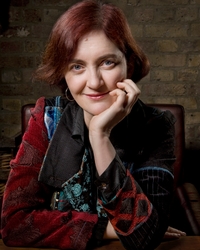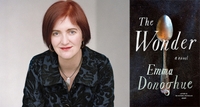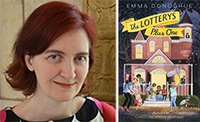In the spirit of her praised novel, Slammerkin, Donoghue has created a series of stories infused by a lively imagination. Set in England and Ireland, these 15 tales have their genesis in obscure bits of history and folklore, from which Donoghue extrapolates possible endings. Most take place in the 17th and 18th centuries, when women had few rights and little freedom; though the protagonists are often extraordinary, their circumstances render them powerless. "Words for Things" is a restrained but moving tale of the ambiguous relationship between Margaret Kingsborough, a clever Irish adolescent dominated by her vicious mother, and her governess, "Mistress Mary," whom alert readers will guess is Mary Wollstonecraft. This lovely story's faltering and vague end is explained by an author's note revealing that years later, Margaret Kingsborough became a friend of Wollstonecraft's daughter, Mary Shelley. A writer with a finely attuned ear, Donoghue varies the rhythms of her prose to reflect the range of language appropriate to her characters' social station. Disillusion colors the voice of peasant woman Mary Toft, who in the 1720s conspired with her doctor to convince the public she was giving birth to rabbits. She lived to rue her trick and to realize that "it is the way of the world for a woman's legs to be open." In "Cured," a working woman with chronic pain is mutilated by a quack doctor. "Figures of Speech" depicts a noblewoman in the agonies of childbirth, incredulous that she may die "like any normal woman, in a bed of sweat and blood and sh-t." For Donoghue's characters, as with their real historical counterparts, there is no escape from "the lot of womanhood." If they sometimes seem to drive her point home with unrelieved intensity, her eloquent stories elicit indignation and sorrow. (May)




